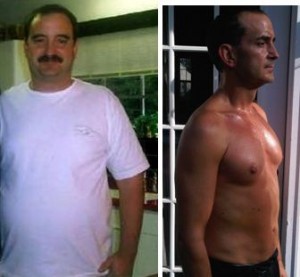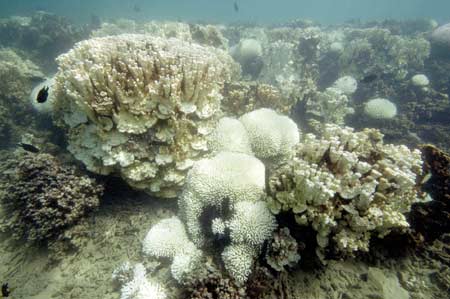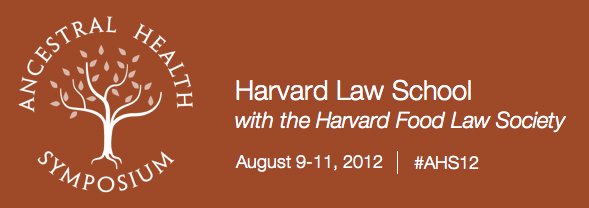Is the American Dietetic Association resisting the Paleo diet because of "market competition"?
 Sunday, July 22, 2012 at 08:58AM
Sunday, July 22, 2012 at 08:58AM  Steve Cooksey blogs on the Paleo diet. The American Dietetic Association, now known as the Academy of Nutrition and Dietetics, claims he is providing nutritional advice and is suing him through the North Carolina State Board of Dietetics/Nutrition. Well, it’s a bit more complicated. It appears what the Academy may not like is the competition.
Steve Cooksey blogs on the Paleo diet. The American Dietetic Association, now known as the Academy of Nutrition and Dietetics, claims he is providing nutritional advice and is suing him through the North Carolina State Board of Dietetics/Nutrition. Well, it’s a bit more complicated. It appears what the Academy may not like is the competition.
In the United States many regulations and policies steer people toward certain dietary practices and away from others—nearly always with the backing of some powerful, entrenched, monied interest and nearly always for no good reason whatsoever. For instance, writes Baylen Linnekin, government subsidies pay farmers to produce some foods in lieu of others. Think corn, soy, dairy, and sugar. The latest example comes from North Carolina, where state officials say one man’s blog, which promotes the “paleo” diet, runs afoul of North Carolina laws requiring a license to dispense anything the state considers dietary advice.
According to documents obtained by Forbes, some apparently provided by a nutritionist member, the Academy of Nutrition and Dietetics develops state nutrition boards “for the express purpose of limiting market competition for its Registered Dietitian members.”
A look at the Academy's corporate sponsors suggests some may not be thrilled with the Paleo diet.
The nutrition Board is going after Cooksey. According to Open Market.org, The Institute for Justice has come to Cooksey's defense and is "fighting the charges of the Board on the grounds that such application of the law violates his First Amendment right to freedom of speech."








